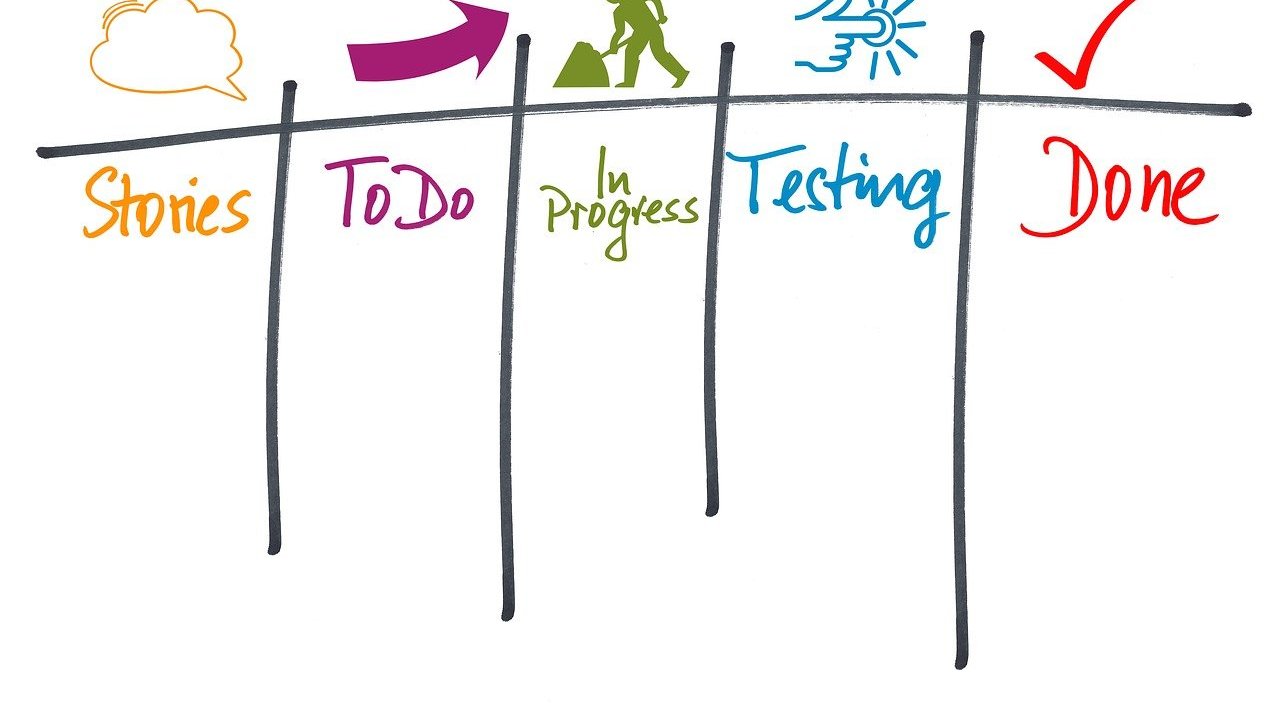
In today's fast-paced, tech-driven business landscape, it's easy to focus on hard skills like strategic planning, financial management, and data analysis. Yet, one often overlooked aspect, particularly when it comes to leadership, is the value of soft skills. Soft skills are essentially people skills - the non-technical, interpersonal, and communication skills that determine a person's ability to fit into a company's culture and work well with others. In this article, we'll delve into the importance of soft skills in modern business leadership.
The Role of Soft Skills in Business Leadership
Soft skills play a crucial part in effective business leadership. They help leaders to inspire and motivate their teams, foster a positive work environment, and effectively manage conflicts. Here are some of the most essential soft skills for leadership:
Communication: This involves both listening and expressing ideas clearly. Good leaders must be able to convey their vision to their teams, and also value and consider their team's input.
Empathy: Leaders with empathy can understand and share the feelings of others. This skill is critical to building strong relationships with team members and creating a work culture where everyone feels valued.
Problem-Solving: Every business encounters challenges. Leaders with strong problem-solving skills can navigate these hurdles and find efficient solutions.
Adaptability: In a rapidly changing business environment, leaders need to be flexible and ready to handle change. This involves being open to new ideas and being willing to adjust strategies when necessary.
Team Building: Effective leaders are able to bring individuals together and nurture a collaborative team environment. This involves recognizing each team member's strengths and knowing how to use them effectively.
Soft Skills and Business Success
A leader's soft skills can have a significant impact on a business' success. Leaders with strong soft skills can create a more collaborative and engaging work environment, which can lead to increased productivity and employee satisfaction. Furthermore, leaders who display good soft skills can help to attract and retain talented employees, contributing to a company's growth and success.
Developing Soft Skills in Leadership Roles
Recognizing the importance of soft skills is only the first step. It's also crucial to continually work on improving these skills. Here are some ways to develop soft skills:
-
Self-reflection: Regularly take time to reflect on your interactions with others. Think about what went well and what you can improve.
-
Feedback: Seek feedback from colleagues and team members. They can provide valuable insights into areas you may need to work on.
-
Training and workshops: Participating in training sessions and workshops can be a great way to learn new techniques and strategies.
-
Practice: Like any other skill, soft skills improve with practice. Try to use these skills in your daily interactions.
-
Learning from others: Observing the soft skills of successful leaders can provide valuable insights and inspiration.
Effective leadership in the modern business world is a complex blend of hard and soft skills. As leaders navigate an ever-changing business landscape, they need to be adaptable, empathetic, and excellent communicators. By making a concerted effort to develop these soft skills, leaders can enhance their leadership style, boost their business' success, and foster a work culture that values and respects all employees.










